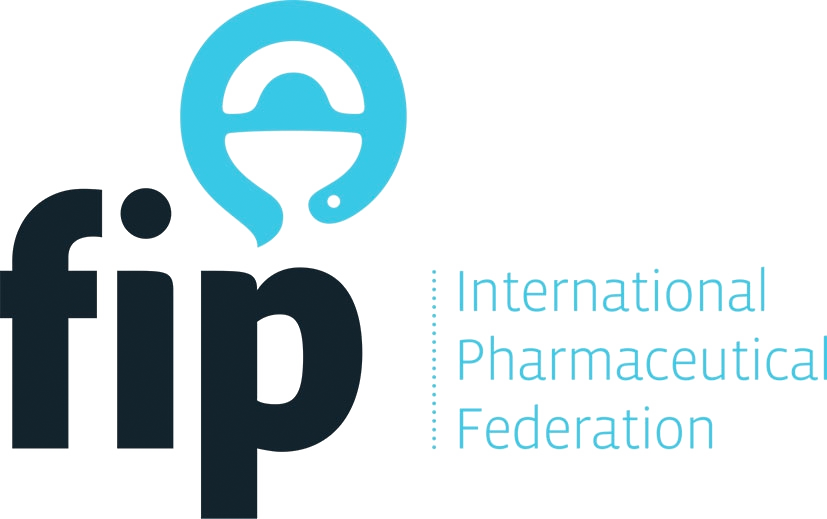May 2019
I speak on behalf of the International Council of Nurses, supported by the World Health Professions Alliance (WHPA), representing over 31 million physicians, nurses, pharmacists, dentists and physical therapists.
The 2019 UN Commission on the Status of Women agreed that “…progress in achieving gender equality and the empowerment of all women and girls, and the full enjoyment of their human rights, has been held back owing to the persistence of historical and structural unequal power relations between women and men, poverty, inequalities and disadvantages in access to, ownership of and control over resources, growing gaps in equality of opportunity and limited access to social protection systems and public services, including universal health-care services and education, gender-based violence, discriminatory laws and policies, negative social norms and gender stereotypes and the unequal sharing of unpaid care and domestic work”. Our organisations wholeheartedly support the conclusions of the Commission and are committed to working to remove these barriers – if they remain, universal health coverage will not be achieved and people will be left behind.
The health issues in the report are deeply rooted in the concept of health as a human right - the health of these groups can only be improved if human rights are upheld. Women and girls continue to experience multiple human rights violations related to issues such as cervical cancer, lack of access to reproductive health services, female genital mutilation and gender-based violence. Health care professionals (HCPs) work to ensure that people are aware of their rights and empower them to demand that they be upheld.
Women, children, and adolescents are the most vulnerable demographic population in healthcare. Given the important role that HCPs play in improving access to services for vulnerable populations, we urge Members States to invest in and support the healthcare workforce, of which the majority are women.




